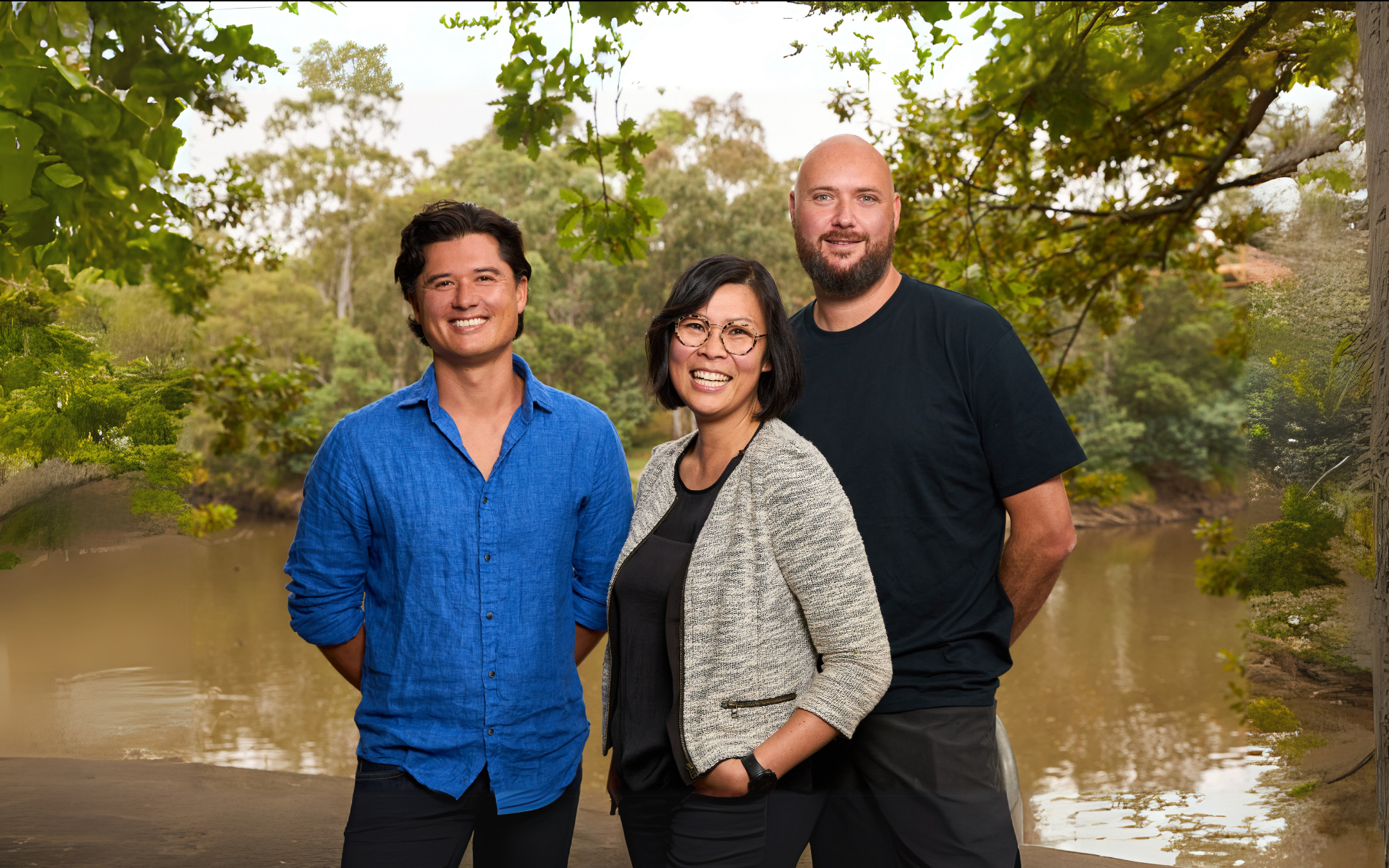In the Theory of Change series, we break down Giant Leap’s impact thesis for each investment and share how we think they’re changing the world through tackling our most pressing problems. Read our Starter Guide to Theory of Change for more context.
Foremind is a wellbeing and safety platform that combines mental health support with compliance tools to help businesses manage psychosocial hazards. By making mental health support accessible to employees, Foremind enables companies to foster a safer, healthier, and more productive work environment.
Founder and CEO Joel Anderson built Foremind following his own experiences, which fuel his deep commitment to driving structural change in the way that employers approach wellbeing.
Giant Leap’s Impact Thesis
The Theory of Change for our investment in Foremind
If Giant Leap supports Foremind with values-aligned capital, then Foremind will be able to support the mental health of employees through its early intervention and risk management-driven Employee Assistance Program (EAP), thereby creating psychologically safe workplaces, promoting sustained productivity and improving mental health outcomes.
Impact metrics
- Number of users receiving mental health support through Foremind
- Number of users whose sole mental health support avenue is via Foremind
- % improvement in employee mental health and wellbeing
- % reduction in psychosocial hazards in the workplace
- % reduction in absenteeism
You can read more about Foremind’s raise here.
The global mental health crisis is a workplace crisis
1 in 4 people globally will experience a mental illness in their lifetime, yet the vast majority face significant barriers to accessing effective care. From long waitlists to high out-of-pocket costs and the enduring stigma around seeking help, systemic failures continue to push individuals further into crisis. The consequences are not only personal, but profoundly economic.
The economic burden of poor mental health is staggering. Globally, depression and anxiety cost an estimated US$1 trillion in lost productivity each year, equating to 12 billion days of work lost. In Australia alone, mental ill-health costs employers an estimated A$39 billion annually, and in the United States, US$280 billion - roughly 1.7% of the US’s GDP.
This burden is disproportionately borne by high-risk, high-pressure industries such as construction, education, and healthcare, where frontline workers are both more likely to experience psychological distress and are less likely to seek help. Psychological injuries in the workplace are rising fast, with longer recovery periods, higher insurance costs and poorer return-to-work outcomes than physical injuries.
The regulatory landscape is shifting
Around the world, workplace safety regulations are evolving to reflect the urgent need for proactive mental health interventions. Regulatory bodies including Safe Work Australia, the UK’s Health and Safety Executive, and the global standard ISO 45003 now require that employers manage psychosocial risks with the same rigour as physical hazards.
Australia currently leads the world in psychosocial safety management, with a comprehensive and enforceable regime that came into force in April 2023, with other key markets including the UK, US, Canada and New Zealand moving in a similar direction.
This is a pivotal shift. Psychosocial risks, including high job demands, bullying, lack of autonomy, and poor support, are major contributors to burnout and psychological injury. When left unchecked, they drive absenteeism, turnover and liability, and erode trust within teams.
By recognising psychological safety as a core element of compliance and care, this regulatory evolution is prompting a fundamental rethink of how mental health is supported at work.
Foremind’s solution: from early intervention to crisis response
Foremind is responding to this moment with a transformative approach. Unlike the traditional inadequate and underutilised EAP model, which relies on reactive support once employees are already in crisis and have average usage rates of well below 10%, Foremind eliminates these limitations with a proactive, preventative, and risk management-driven platform.
Foremind’s always-on support model includes 24/7 access to wellbeing resources, AI-driven personalised early intervention tools, and direct connections to counsellors and psychologists. Employees can manage stress, anxiety and burnout before they escalate into more severe mental health conditions, while employers gain meaningful, real-time insights into emerging risks.
Foremind:
- Supports employee wellbeing through early access to high-quality counselling and evidence-based resources
- Identifies and mitigates risks via real-time reporting tools and insights into workplace mental health trends; and
- Helps employers comply with emerging psychosocial safety standards while building cultures that actively promote mental wellness
To date, Foremind has supported over 150 businesses and provided services to more than 5,760 employees, including over 1,000 counselling sessions - numbers that are growing rapidly.
A systems-level response to a systems-level problem
The workplace is one of the few institutions with the reach, responsibility and resources to make a meaningful dent in the global mental health crisis. It’s where adults spend the majority of their waking hours and where the impacts of stress, trauma and social disconnection often first show up.
By embedding high-quality, stigma-free mental health support directly into the workplace and equipping employers to manage psychosocial risks, Foremind is building a systemic solution with ripple effects across individuals, businesses and broader society.
Its high-quality library of lived-experience mental health content remains unmatched in the market and its first-mover position in psychosocial safety regulation positions it to scale globally.
-
To stay close to the heartbeat of Giant Leap, sign up to the Small Steps newsletter.
.png)


.JPG)



%20-%20Edited.jpg)
